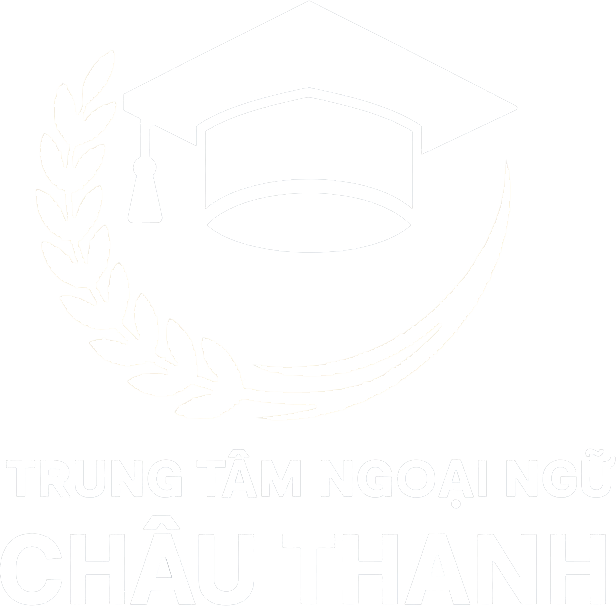Writing Pro Tip: Tập Trung 1 Ý Tưởng, 1 Đoạn Văn – Bí Quyết Đơn Giản Để Tăng Điểm IELTS!
Xin chào các bạn đang “chiến đấu” với IELTS Writing!
Hôm nay, mình muốn chia sẻ một mẹo nhỏ nhưng cực kỳ hiệu quả mà mình thường “rèn” (okay, đôi khi là “ép”) học sinh của mình áp dụng: Tập trung một ý tưởng cho mỗi đoạn văn. Nghe đơn giản đúng không? Nhưng đừng để sự đơn giản này đánh lừa bạn – nó có thể thay đổi hoàn toàn cách bạn viết và cả điểm số của bạn nữa!
Viết 1 Ý Tưởng 1 Đoạn – Áp Lực Hay Cơ Hội?
Nhiều bạn nghĩ rằng viết một ý tưởng cho mỗi đoạn sẽ giảm bớt áp lực về mặt ý tưởng. Nhưng thực tế thì ngược lại – nó còn “áp lực” hơn một chút đấy! Vì sao? Bạn sẽ phải suy nghĩ kỹ để chọn một ý tưởng “đủ rộng nhưng không quá rộng”.
Tuy nhiên, chính áp lực này lại là động lực tuyệt vời để:
-
Đào sâu suy nghĩ: Bạn sẽ không chỉ dừng lại ở bề mặt, mà phải tìm cách khai thác ý tưởng một cách chi tiết và logic hơn.
-
Tìm ví dụ chất lượng: Thay vì liệt kê vài ví dụ sơ sài, bạn sẽ chọn được những ví dụ thực sự thuyết phục và liên quan.
-
Rút ra kết luận ý nghĩa: Một ý tưởng được phát triển tốt sẽ dẫn đến những câu kết đầy sức nặng, làm bài viết của bạn nổi bật hơn.
Ví dụ, thay vì nhồi nhét cả “lợi ích kinh tế” và “cơ hội giao tiếp” vào một đoạn khi viết về việc học ngoại ngữ, hãy dành riêng một đoạn chỉ để nói về “cơ hội giao tiếp” và giải thích tại sao nó quan trọng. Chất lượng hơn số lượng, đúng không nào?
Lợi Ích Thực Tiễn: Điểm CC Sẽ Cảm Ơn Bạn!
Một trong những tiêu chí quan trọng trong IELTS Writing là Coherence and Cohesion (CC) – sự mạch lạc và liên kết. Đây cũng là điểm mà nhiều thí sinh “loay hoay” mãi không cải thiện được, đặc biệt khi cứ bám vào các mẫu câu có sẵn (template) mà không thực sự hiểu cách liên kết ý tưởng.
Khi bạn tập trung vào một ý tưởng cho mỗi đoạn, bài viết của bạn sẽ tự nhiên trở nên logic và dễ theo dõi hơn. Mỗi câu trong đoạn sẽ xoay quanh một chủ đề duy nhất, giúp giám khảo không bị “lạc trôi” khi đọc. Kết quả? Điểm CC của bạn sẽ được đẩy lên đáng kể – một lợi ích thực tiễn mà ai cũng muốn!
Thử Nghiệm Ngay: 342 Từ Cũng Đủ Để Thuyết Phục!
-
Chọn một đề IELTS Writing bất kỳ.
-
Lập dàn ý với mỗi đoạn chỉ xoay quanh một ý tưởng chính.
-
Viết và cảm nhận sự khác biệt!
Chẳng hạn, nếu đề bài yêu cầu bạn viết về “lợi ích của công nghệ,” hãy dành một đoạn để nói về “tiết kiệm thời gian” và đoạn khác cho “kết nối toàn cầu.” Đừng tham lam nhét cả hai vào cùng một đoạn – hãy để mỗi ý tưởng có không gian để “thở” và tỏa sáng.
Bài mẫu:
Đề: There is a belief that young individuals must attend school full-time until they are at least 18 years old. To what degree do you support or oppose this idea? Explain your viewpoint with reasons and include appropriate examples based on your knowledge or experiences.
In today’s world, education is often seen as the foundation for personal growth and success. Some people believe that young individuals must attend school full-time until they are at least 18 years old to ensure they are well-prepared for life. I partially support this idea because while full-time education offers significant benefits, flexibility should also be considered based on individual circumstances. In this essay, I will explain my viewpoint with reasons and examples.
One key reason I support full-time schooling until 18 is that it provides young people with a strong foundation of knowledge and skills. During these years, students learn essential subjects like math, science, and literature, which develop critical thinking and problem-solving abilities. For instance, my cousin stayed in school until 18 and gained a solid understanding of various topics, which later helped her excel in university. Full-time education also exposes students to social experiences and extracurricular activities, such as sports or debate clubs, fostering teamwork and communication skills vital for adulthood. Thus, staying in school full-time equips young individuals for future challenges.
However, I also believe that full-time schooling until 18 may not suit everyone, as some young people have unique goals or circumstances. For example, a friend of mine left school at 16 to pursue a career in music and trained intensively with a professional mentor, achieving success as a performer by 20. This shows that for talents like arts or sports, early specialization might be more beneficial than traditional schooling. Additionally, some teenagers face financial pressures or family responsibilities that make full-time education impractical. In such cases, alternatives like part-time study or vocational training could better support their needs and aspirations.
In conclusion, while I agree that attending school full-time until 18 offers valuable opportunities for personal development, I believe there should be room for flexibility. Full-time education builds a strong base for most young individuals, but exceptions should be allowed for those with distinct talents or challenging situations. A balanced approach, combining mandatory schooling with adaptable options, would best serve the diverse needs of young people.


